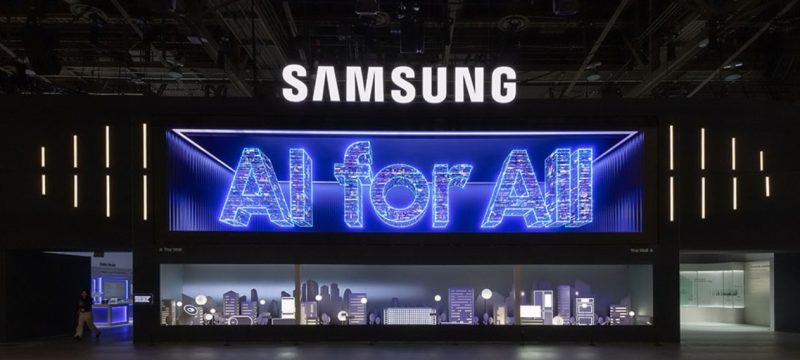Samsung Electronics, the largest memory chip manufacturer in the world, has publicly apologized following disappointing financial results that raised concerns about its competitiveness in the semiconductor industry. The new head of the semiconductor division, Jun Young-hyun, acknowledged the difficulties facing the company and promised significant changes to improve its operations.
Samsung’s recent financial report showed lower-than-expected revenue and profits, primarily due to delays in delivering a crucial type of chip necessary for training artificial intelligence (AI) models. This setback has allowed competitors like SK Hynix to gain an edge in the high-bandwidth memory (HBM) market. Additionally, Samsung has struggled to keep up with Taiwan Semiconductor Manufacturing Co. in producing custom chips.
The company’s shares fell by 1.8% on October 8, reaching their lowest point since March 2023, with a total decline of over 20% this year. Jun accepted full responsibility for the challenges, acknowledging concerns about Samsung’s technical competitiveness and the potential for a crisis.
Read More: Samsung Set to Unveil First Rollable Phone in 2025 to Compete with Huawei
The downturn is particularly troubling for Samsung, given its history as a market leader amid increasing demand for AI hardware, benefiting competitors like Micron Technology. In response to the current situation, Samsung is under pressure to reevaluate its organizational culture and operations. The company recently laid off an undisclosed number of workers in Singapore as part of a global workforce reduction, with over half of its 267,800 employees based overseas.
Samsung’s preliminary operating profit for the September quarter was estimated at about 9.1 trillion won (around $6.8 billion), which was less than expected, with revenue at 79 trillion won (approximately $59 billion). A comprehensive financial statement is expected on October 31.
The company is focusing on regaining its competitive edge, particularly in producing HBM chips used in AI applications. Jun highlighted the goal of securing certification for its advanced HBM3E chip lineup, which has higher profit margins. Despite the challenges, he expressed confidence in Samsung’s ability to overcome difficulties and turn them into opportunities, emphasizing a long-term strategy rather than short-term fixes.
Samsung’s chip manufacturing business continues to face losses as it struggles to compete with industry leader TSMC, which serves major clients like Apple and Nvidia. Despite these setbacks, Samsung’s mobile division saw improved earnings from strong sales of its flagship smartphones, and its display unit also performed well, benefiting from new product launches by clients like Apple.
Overall, the semiconductor division is grappling with a “chip crisis,” and Samsung’s recent management changes and workforce reductions underscore the need for immediate action to restore its market position.









